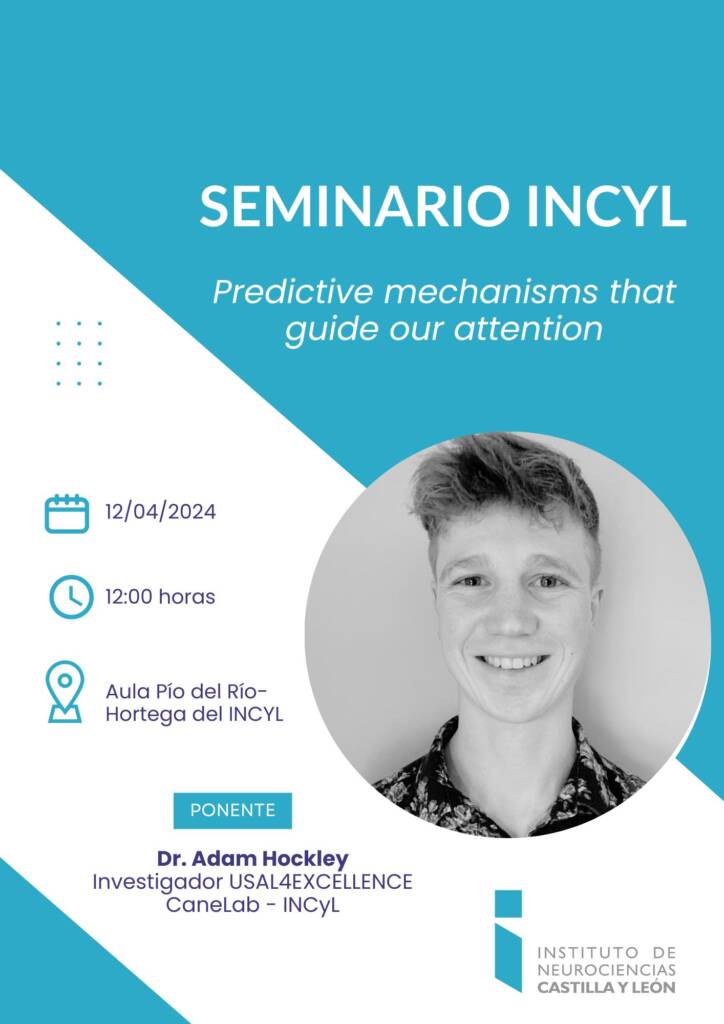A key to survival is the identification of, and attention to, evolutionarily important stimuli. Unexpected stimuli are likely to be more important for survival, and therefore our brains act to increase salience of unexpected stimuli. The mechanisms for increasing salience of unexpected stimuli occur pre-attentively, and act to direct our attention towards these stimuli. One promising mechanism for producing this is predictive processing, where the brain encodes regular patterns, generates an internal model to reduce salience of regularities, and detects deviations from the internal model to increase salience of unexpected events. In this talk, I will present my work using the oddball paradigm to test this context-dependent processing in the auditory domain, while using optogenetics to modulate the circuity postulated to generate predictions and apply them in a top-down manner to sensory cortices. This work provides evidence for top-down prediction signalling from the rodent medial prefrontal cortex.
Publicaciones Relacionadas:
- Hockley A, Malmierca MS (2024) Auditory processing control by the medial prefrontal cortex: A review of the rodent functional organization. Hearing Research. doi.org/10.1016/j.heares.2024.108954
- Hockley A, Cassinotti LR, Selesko M, Corfas G, Shore SE (2023) Cochlear synaptopathy impairs suprathreshold tone-in-noise coding in the cochlear. Journal of Physiology doi.org/10.1113/JP284452
- Hockley A, Wu C, Shore SE (2021) Olivocochlear projections contribute to superior intensity coding in cochlear nucleus small cells. Journal of Physiology doi.org/10.1113/JP282262
- Hockley A, Berger JI, Palmer AR, Wallace MN (2020) Nitric oxide increases gain within the ventral cochlear nucleus of guinea pigs with tinnitus. Eur J Neuroscience 10.1111/ejn.14913
